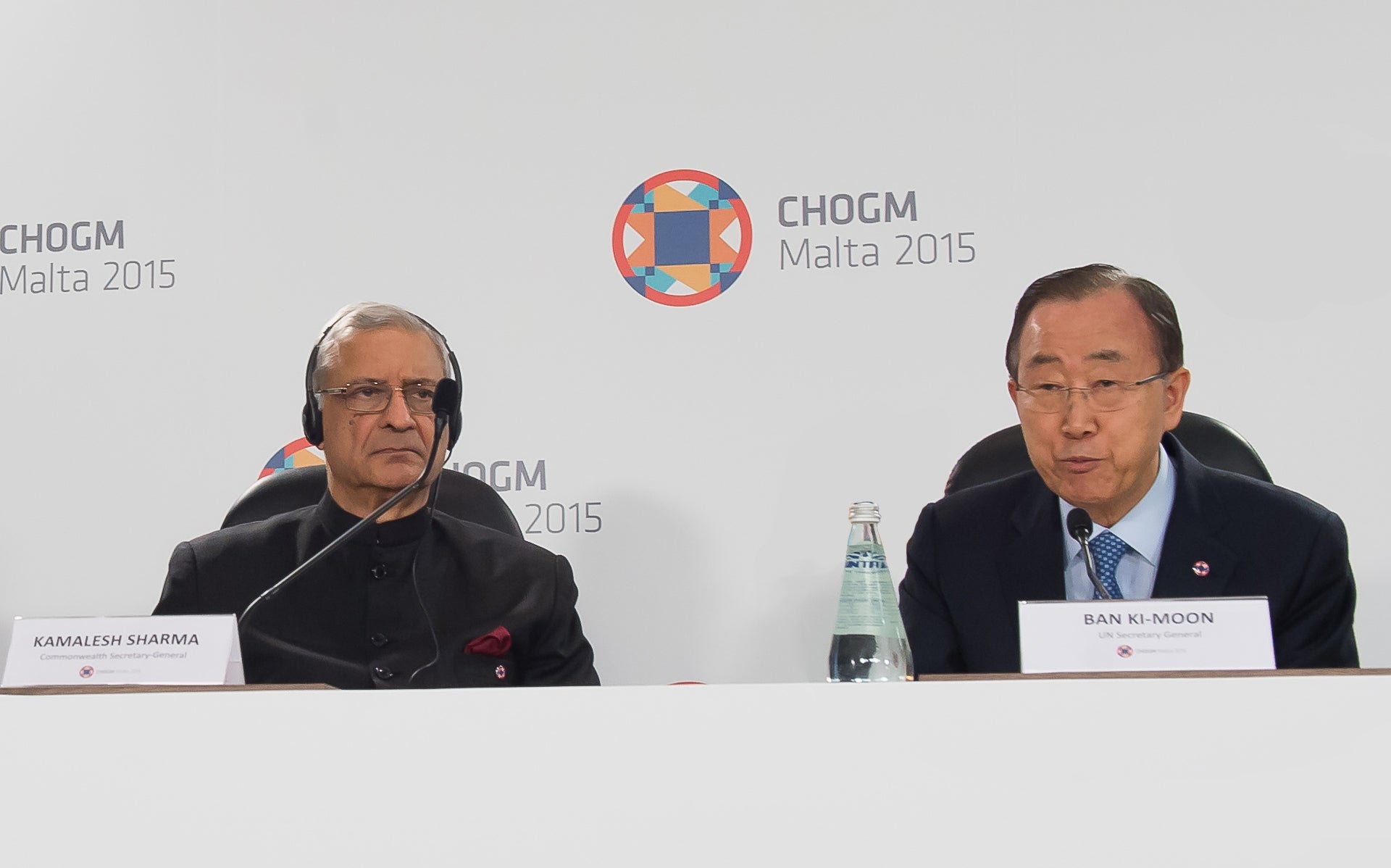Swapping national debt for action on climate change could be the solution we've been looking for
The Commonwealth’s proposal for a Multilateral Debt Swap for Climate Action alongside green investment and multilateral action from both developed and developing countries are the actions we need post Paris to halt climate change


Last month’s global agreement on climate change was a remarkable gift to the world and to future generations. One hundred and eighty-eight countries have submitted Intended Nationally Determined Contributions, setting out what they are prepared to do to reduce emissions and build climate resilience. Developed country governments have reaffirmed their commitment to raise $100 billion a year for climate action, with small and vulnerable countries first on the list for assistance. As the Prime Minister of Tuvalu - a Pacific nation threatened by catastrophic sea level rises - said during the Paris summit: "If you save Tuvalu, you save the world."
Now the New Year has arrived and it’s time to act on these resolutions. A rapid and sustained flow of climate finance for the vulnerable developing countries is central to managing the climate challenge. Thus far the flow of climate financing has been less than satisfactory. This must change. Climate financing should not lead to a reduction in traditional official development assistance.
That’s why global warming was a top priority of Commonwealth leaders at their recent meeting in Malta. Their Statement on Climate Change provided timely, important political impetus to the Paris Conference. And they generated some good ideas to free up funds for climate action.
Here’s one: swapping national debt for climate change action. Many vulnerable countries are so burdened by debt they simply can’t afford to address global warming. Jamaica, for example, is struggling with a public debt to GDP ratio of 140 per cent. For the Seychelles, it’s 65 per cent. Think what could happen if countries like these lowered their burden by taking action on climate change: they could expand marine protected areas, strengthen coastal defences, reform fisheries policies, promote water conservation, manage coastal zones, invest in renewable energy and create institutions to advance their plans — working their way out of debt at the same time.
The Commonwealth’s proposal for a Multilateral Debt Swap for Climate Action has been recognized by the United Nations as a promising option to address the twin challenges of unsustainable debt and climate change. Swaps could be supported by the Climate Finance Access Hub that’s just been launched by the Commonwealth to help small and vulnerable countries access climate finance and build institutional capacity.
It doesn’t end there. The Paris agreement has given markets the clear signal they need to scale up investments that will generate low-emission, climate-resilient development. With the ambitious results emanating from Paris, what was once unthinkable is now unstoppable. The private sector is already investing increasingly in a low-emission future. Climate solutions are increasingly affordable and available, and many more are poised to come, especially after the success of Paris.
In Paris, Governments also agreed to binding, robust, transparent rules of the road to ensure that all countries do what they have said they would do. Developed countries have agreed to lead in mobilizing finance and to scale up technology support and capacity building. Developing countries have assumed increasing responsibility to address climate change in line with their capabilities.
So the game-plan is there, and now we have to deliver it. As a first step in implementing the Paris Agreement, all world leaders are being invited to a high-level signing ceremony at the United Nations on 22 April 2016 a day that the UN General Assembly has also proclaimed as Mother Earth Day. Let’s not wait any longer. It’s time to roll up our sleeves and get down to work.
The authors are Secretary-General of the United Nations and Secretary-General of the Commonwealth.
Join our commenting forum
Join thought-provoking conversations, follow other Independent readers and see their replies
Comments
Bookmark popover
Removed from bookmarks